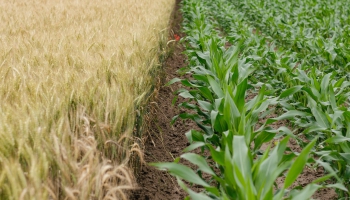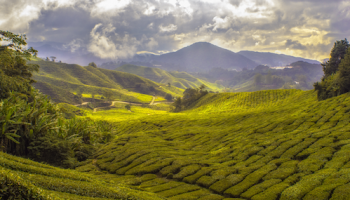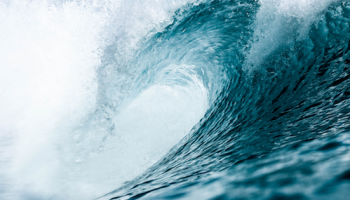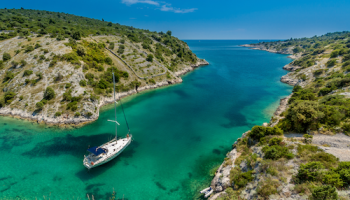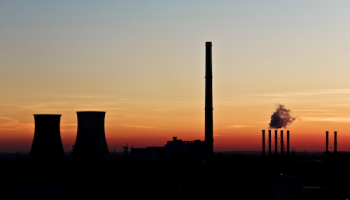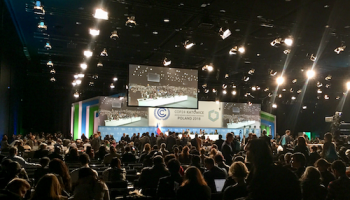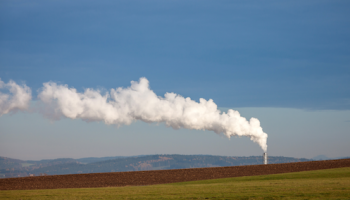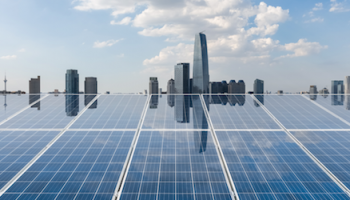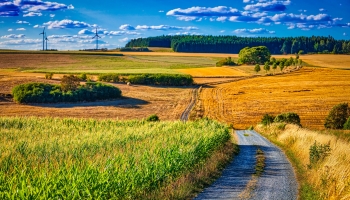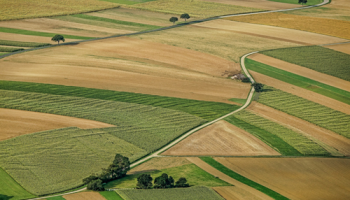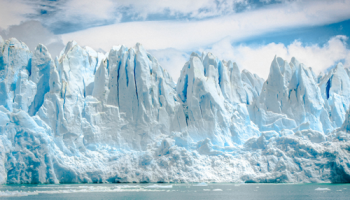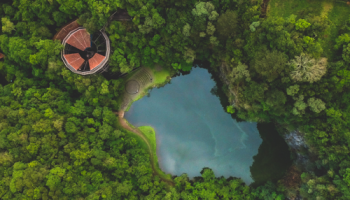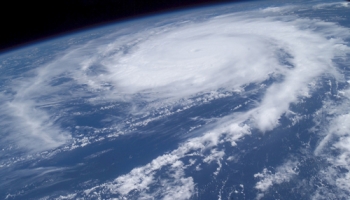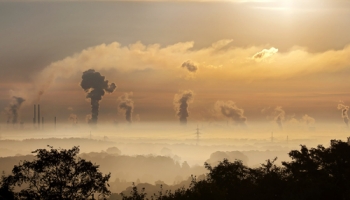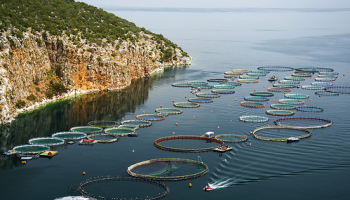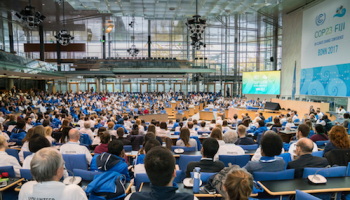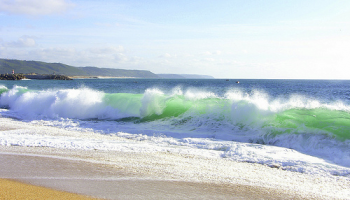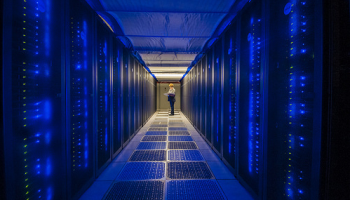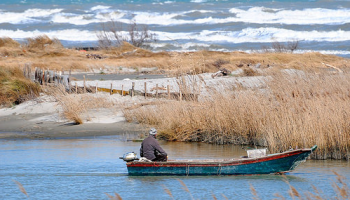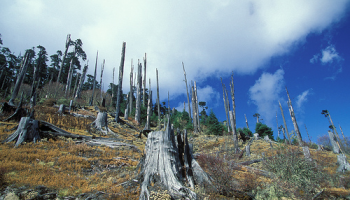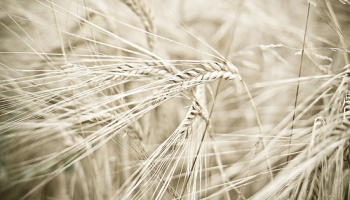Insights from CMCC Scientists and outstanding experts on climate sciences and their interaction with economics, policy and society.
Be informed about the forthcoming webinar: subscribe to our newsletter.
Insights and perspectives on the forecast of evapotranspiration product, why it is important for agriculture and urban landscapes, and how
Challenges and perspectives for a long-term vision in managing forests under climate change and the Italian case, natural climate solutions
On April 5, 2019, Stefania Ciliberti, CMCC researcher at OPA – Ocean Predictions and Applications Division, Michela De Dominicis (National
The vulnerabilities of agriculture to climate change and approaches to address food security in the webinar held by CMCC researcher
Decadal predictions are important to study climate evolution on multiannual to decadal timescale. On February 26, 2019, Panos Athanasiadis, CMCC
A multi-risk approach, integrating different metrics and scenarios of climate, ocean, bio-geochemical and anthropogenic pressures in an interactive impacts perspective
Roger Cooke (RFF – Resources for the Future) presents his work “Using the social cost of carbon to value Earth
CMCC researchers attending climate negotiations tell us what happened at COP24. Watch the video of the last 2018 CMCC webinar!
Marco Bindi, Full Professor at the University of Florence, Dept. of Agri-Food Production and Environmental Sciences, provided an overview of
How to allow the climate services uptake in the finance sector? Insights for climate and finance experts in this CMCC
Many studies analyze the innovation, diffusion, and cost developments of low-carbon energy technologies, but little research is dedicated to analyzing
It well suited for problems which have a complex structure that we don’t understand well, but about which we have
Science is a social process, but is usually considered special in its ability to correctly deconstruct, analyze and describe complex
A large multi-laboratory and multi-institution initiative involving over 100 scientists, software developers and management personnels: explore the Energy Exascale Earth
Climate services can make communities, critical infrastructure, businesses and ecosystems more resilient to climate impacts. Elisa Delpiazzo, researcher at CMCC
What are Payments for Ecosystem Services, and how do they work? Five recent innovations to improve the cost-effectiveness and environmental
What about climate trends in the Antarctic region? Barbara Stenni, Associate professor of Geochemistry at Ca’ Foscari University of Venice
How will Brazil contribute to the Paris Agreement’s mitigation goals? Which roles will play agriculture, forestry, land use, biofuels, electrifications
Precipitation has a direct impact on both the ecosystem and the human society, it affects groundwater and reservoirs, and constitutes
Researcher Tommi Vuorenmaa clarified the properties and prerequisites of blockchain technology, and provide some thoughts on the application in the
They provide climate information in a way that assists decision making, such as projections, forecasts, trends, economic analyses, assessments, counseling
Richard Neale, Project Scientist at NCAR – National Center for Atmospheric Research in Boulder, Colorado, presented a selection of results
To what extent can a worldwide carbon pricing foster the transition towards a low-carbon economy and help mitigate the effects
Find out more about the European long term strategy to support sustainable growth in the marine and maritime sectors as
The economic losses from weather and climate natural hazards will increase in the next decades. Researcher Sergio Castellari (EEA) presents
A consortium lead by the CMCC Foundation to assist the European Energy Agency (EEA) in supporting policy development and implementation
The Talanoa dialogue, the text on agriculture and the issue of Loss and Damage. The Local Communities and Indigenous People’s
Anthropogenic drivers, such as greenhouse gases and aerosols, have a leading role on the origins of the fluctuation in sea
High computational requirements for a new generation of high resolution climate models. The potential of parallel architectures to reduce the
How do people make decisions in the context of climate change risks and environmental conflicts? How can we measure their
The Ross Sea Expedition of the Italian research vessel OGS Explora. A 60 days campaign and five research projects aimed
Estuaries, deltas and lagoons: how do they influence the ocean dynamics? Three different approaches tested while developing an interface between
Climate chain simulations, models and impact tools: how research tries to understand how climate change will affect future geological hazards
The interplay between land use and climate change is essential in understanding land-based climate mitigation options and how societies will
Crop productivity and future climate impacts. A comparison between models and observations in the first CMCC seminar, the video of



